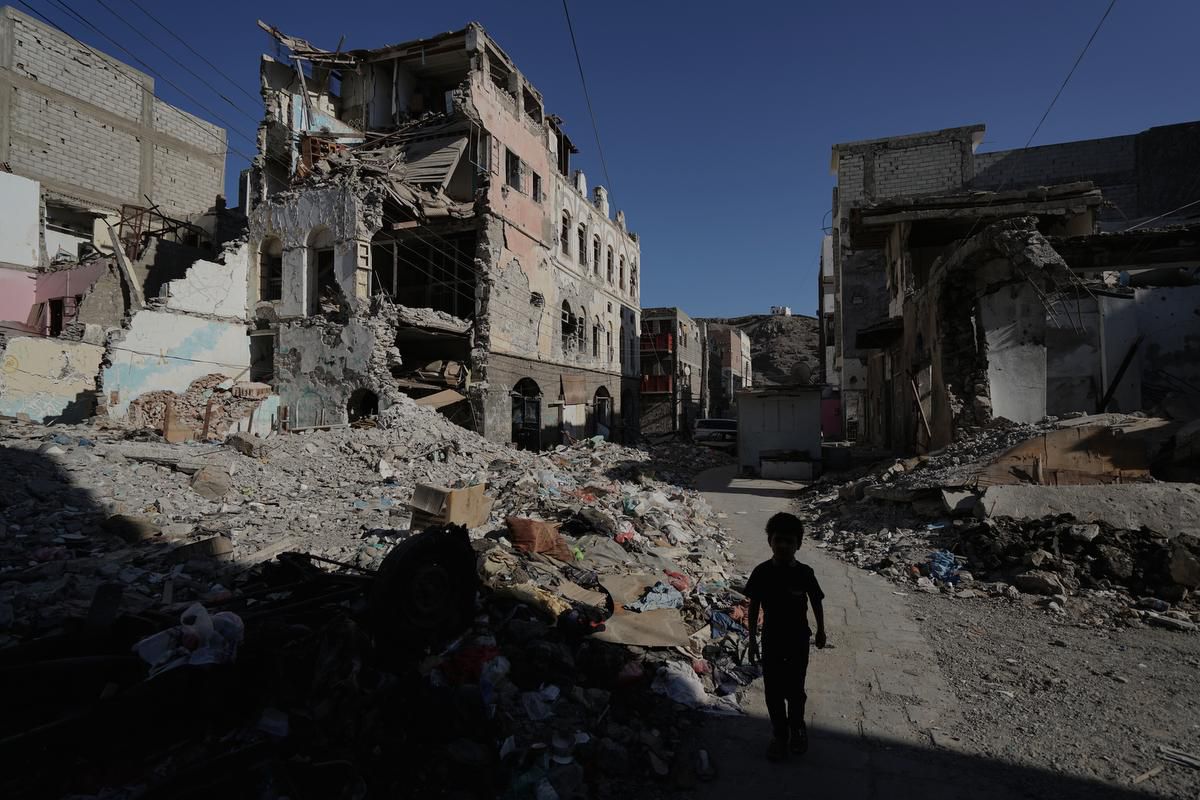
By Jeffrey E. Stern The New York Times Tues., Dec. 11, 2018 Just before midnight, a businessman named Rabee’a was on the phone, trying to calm his friend down. Rabee’a owned a drill rig, and his friend had heard stories from elsewhere in Yemen about jets bombing well sites. It was Sept. 10, 2016, a year and a half into the war between the Saudis and the Houthi rebels. But to Rabee’a, it was a war happening over the horizon, out of sight. He was unbothered. That kind of thing wouldn’t happen in a poor place like this one, a district called Arhab that, though deep in rebel territory, was home to nothing and no one of interest to a fighter jet. Besides, things like airstrikes didn’t happen to people like him. Rabee’a was a charitable man from a privileged family — a little self-satisfied, perhaps, but he had enjoyed good fortune for much of his life, and that wasn’t about to change. Despite a mischievous grin, he was a godly man, a good man, and finding water in poor places for poor people had become his calling; he even forgave debts when his customers couldn’t pay. His big heart,…